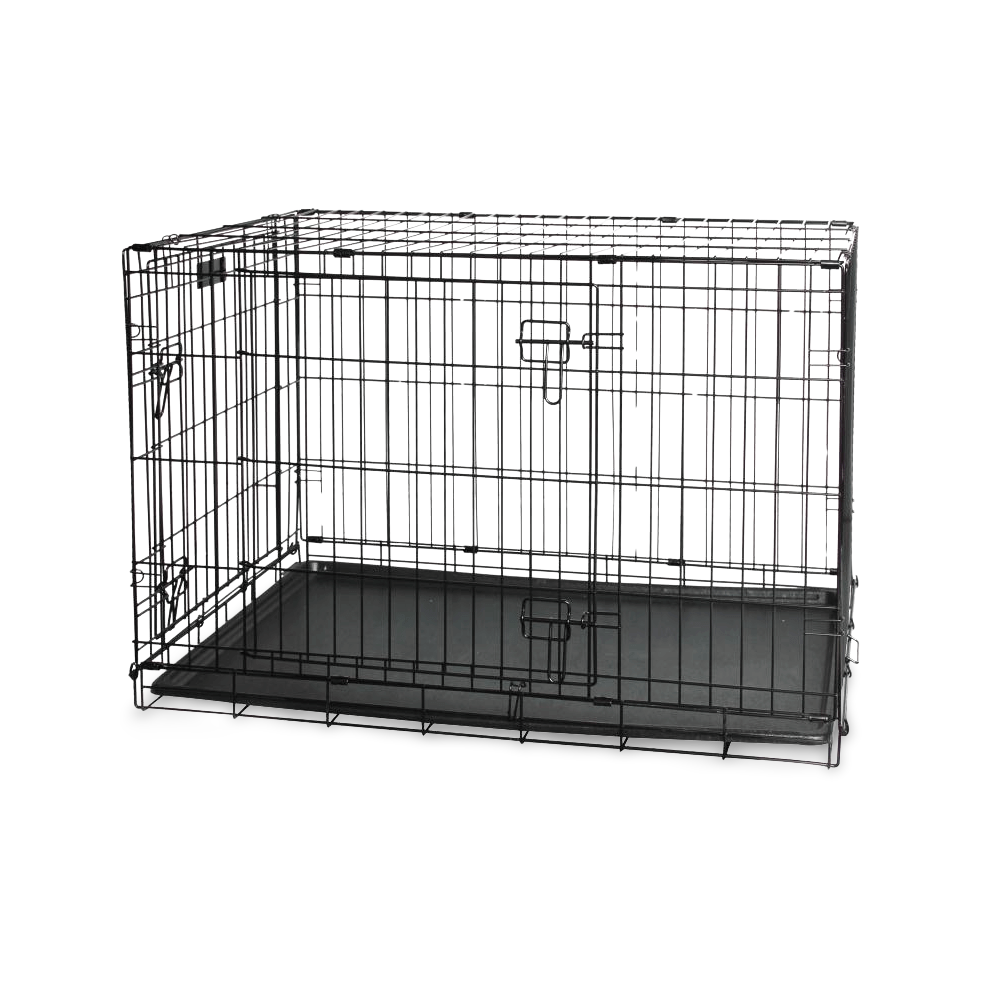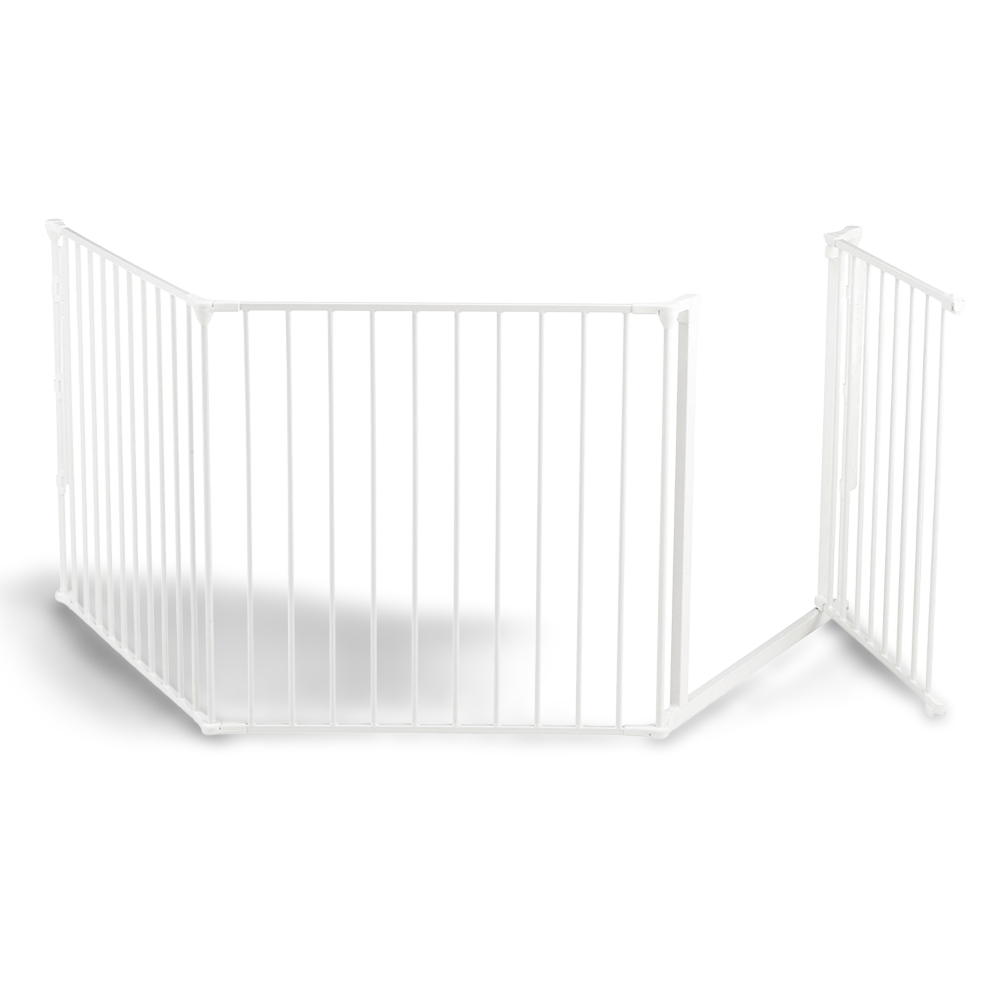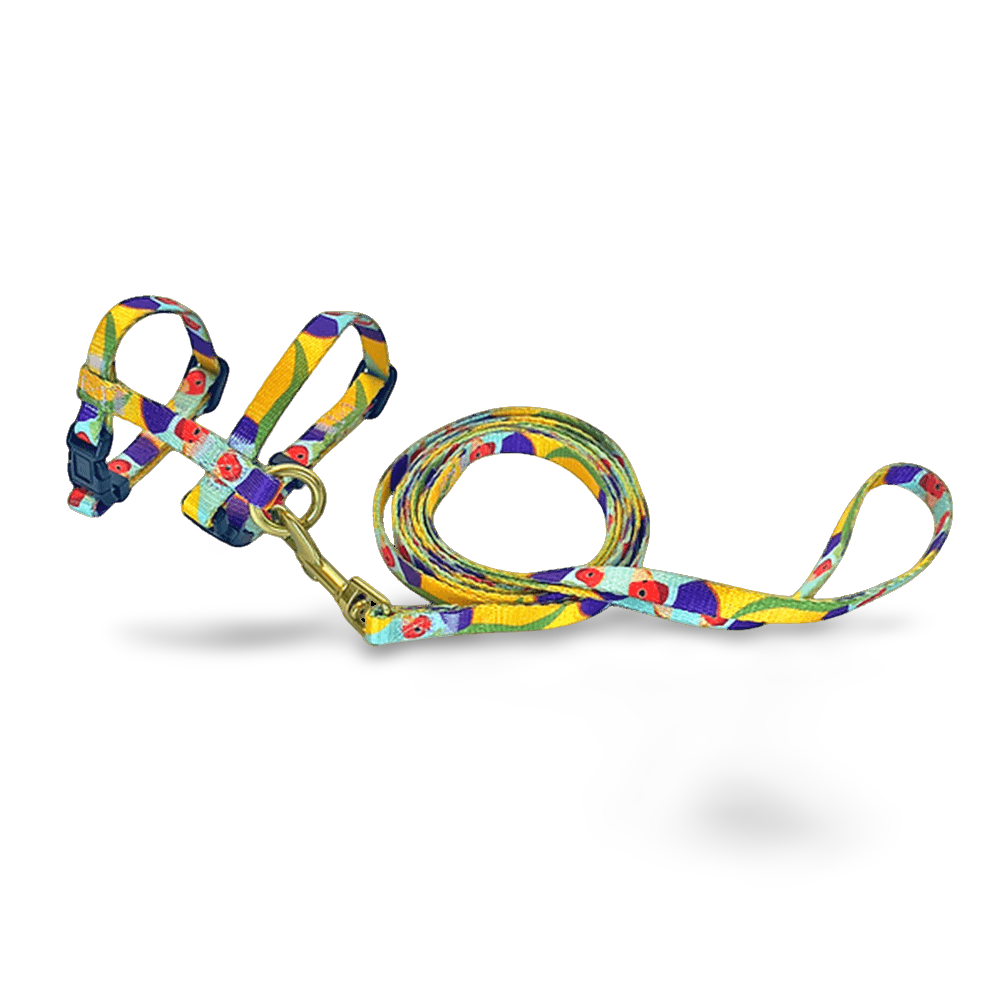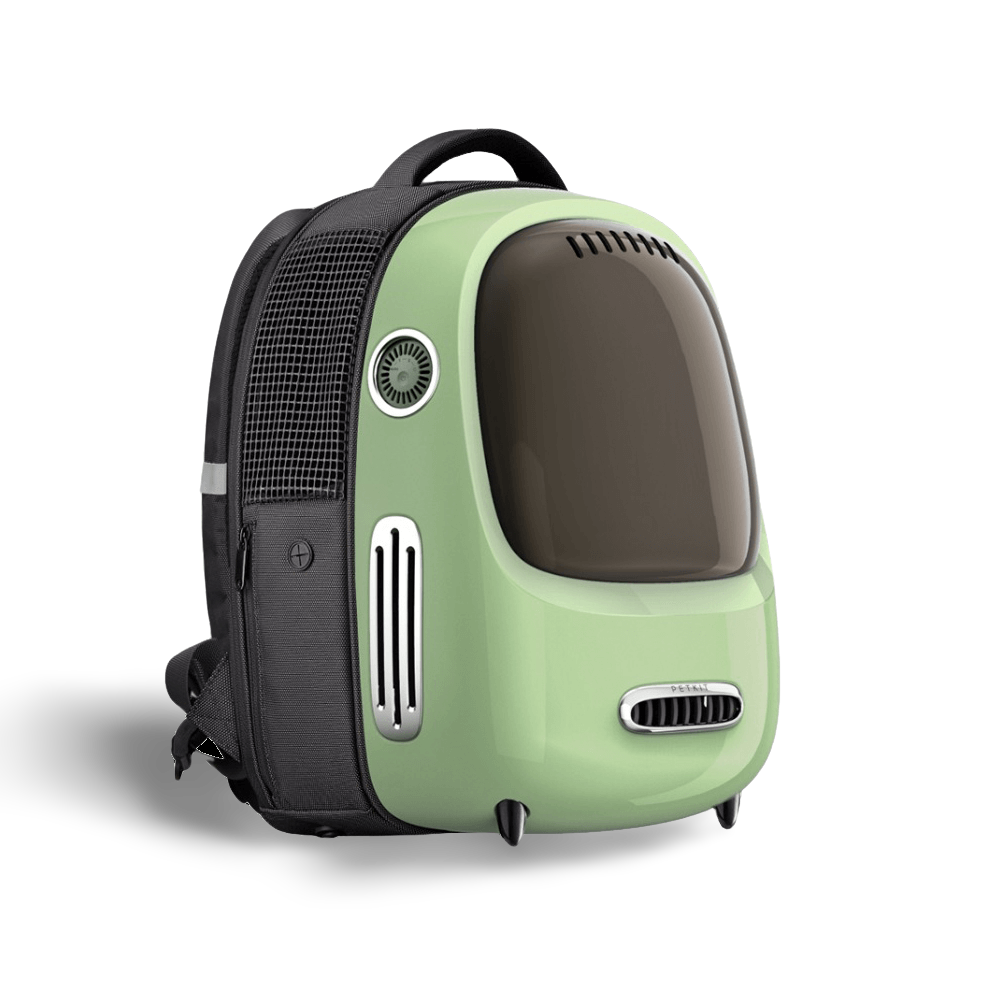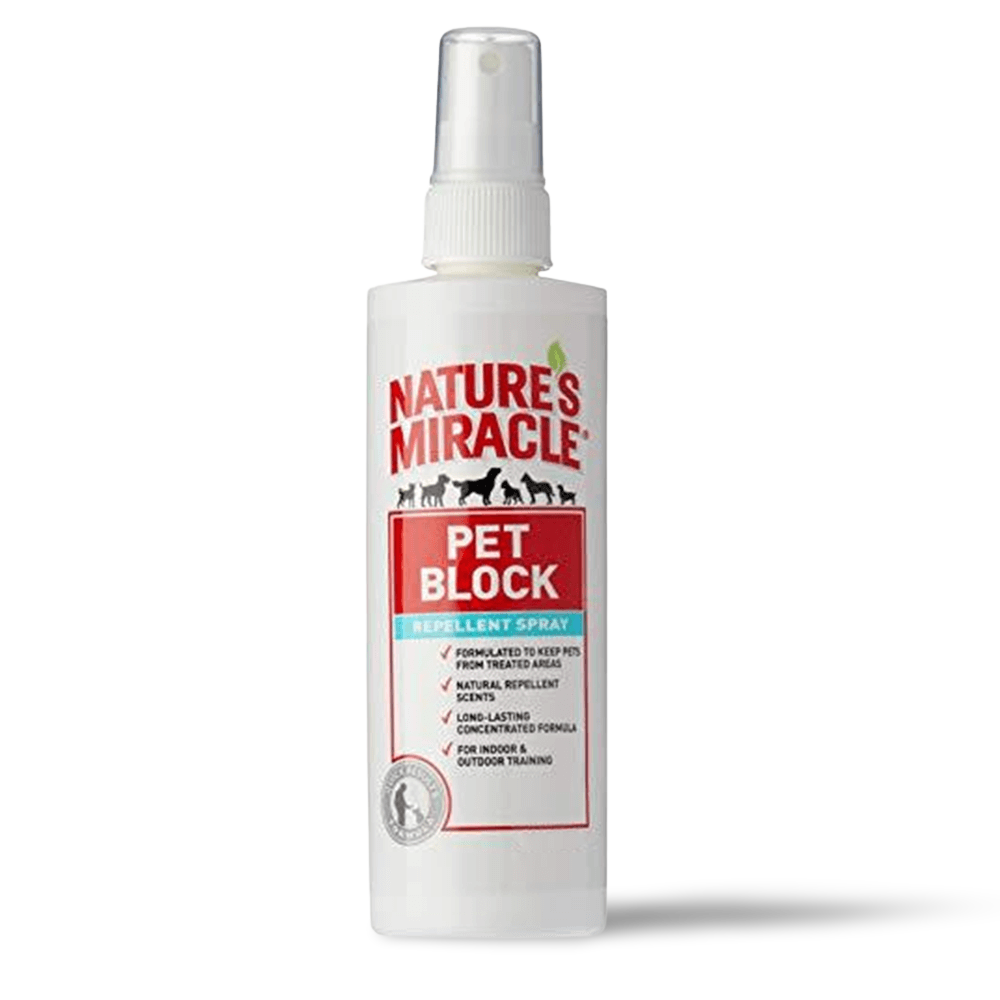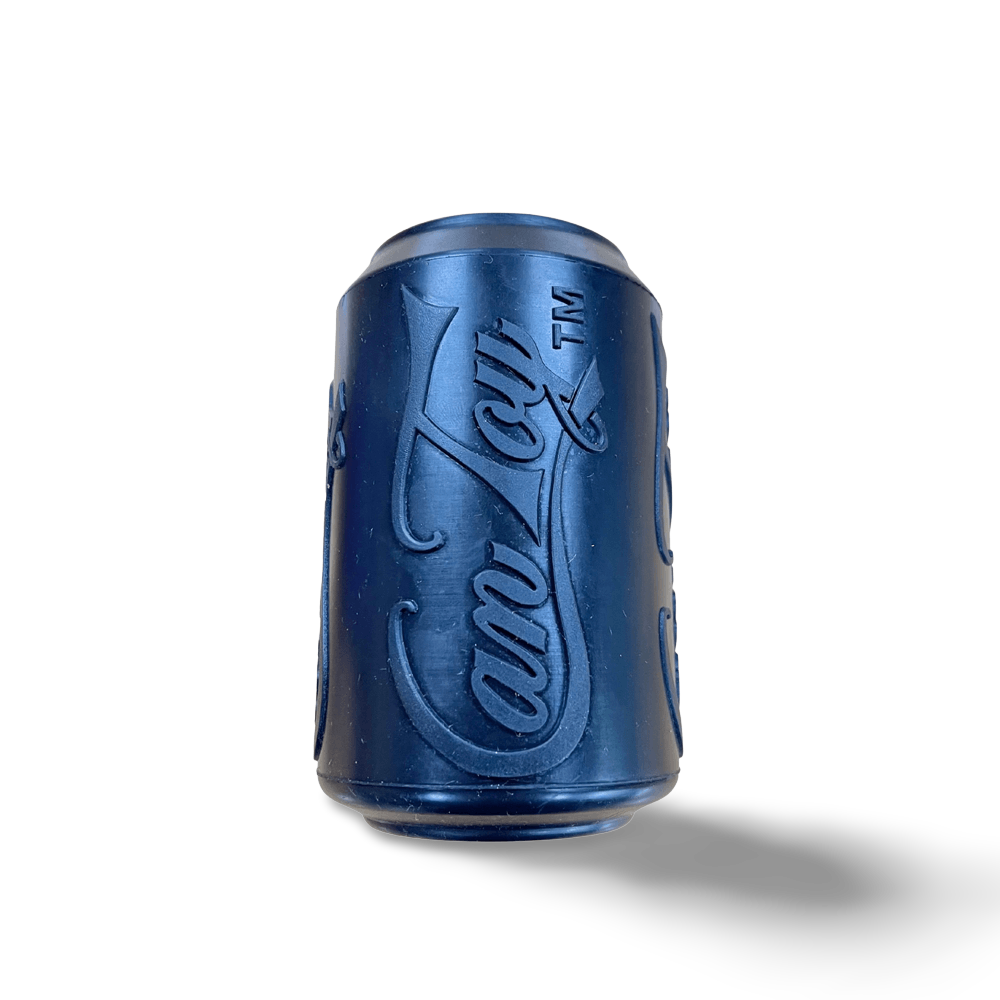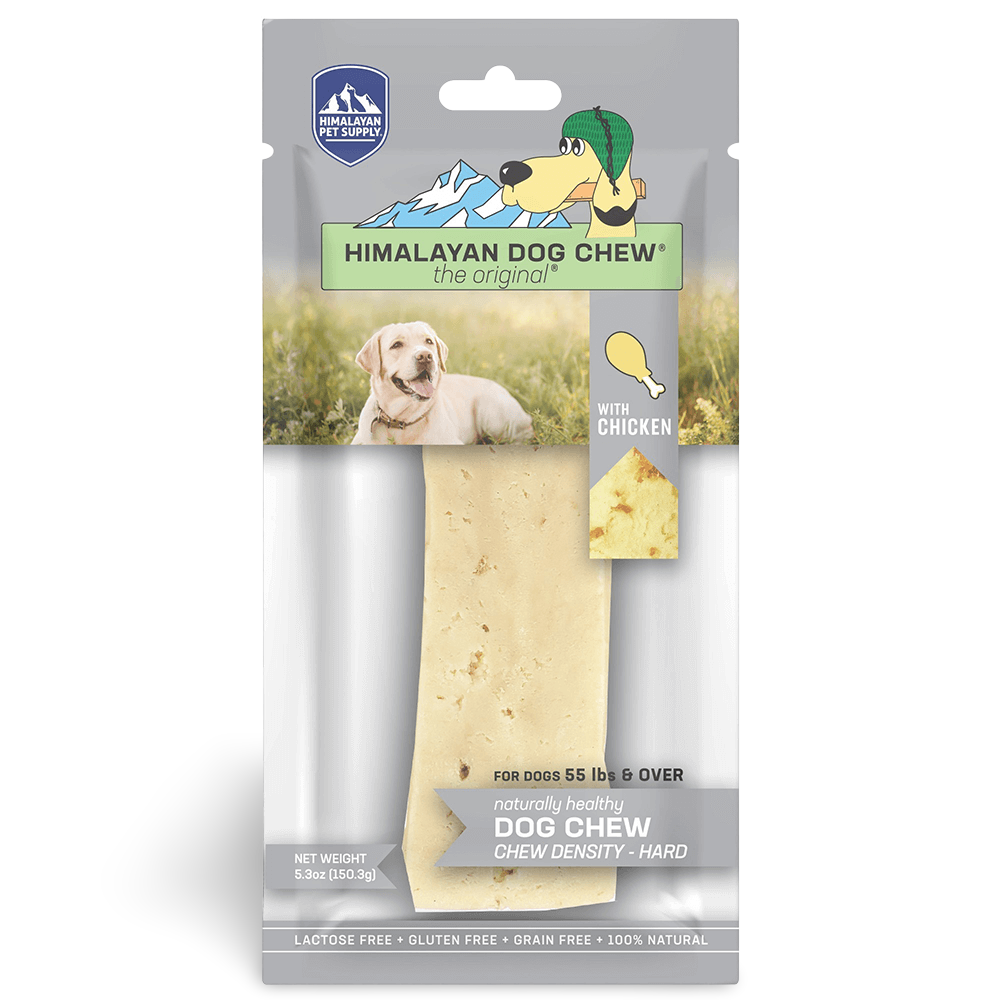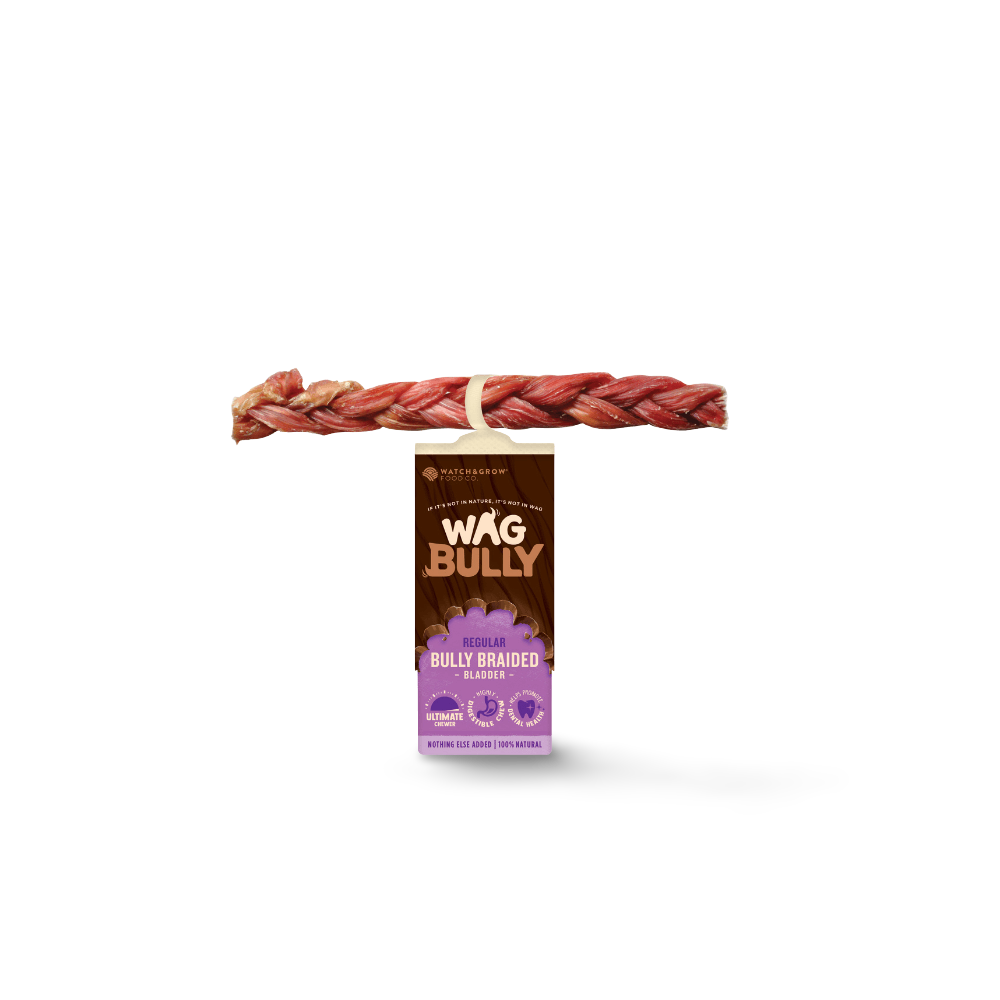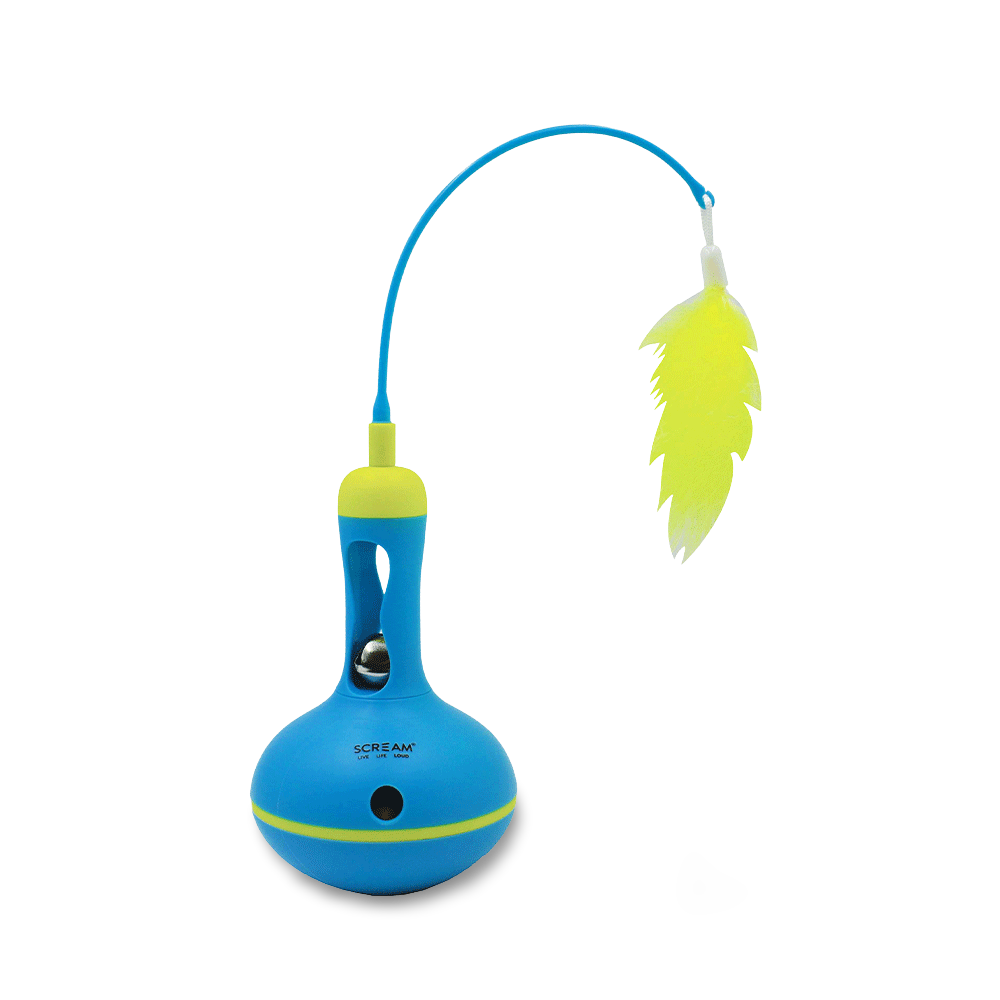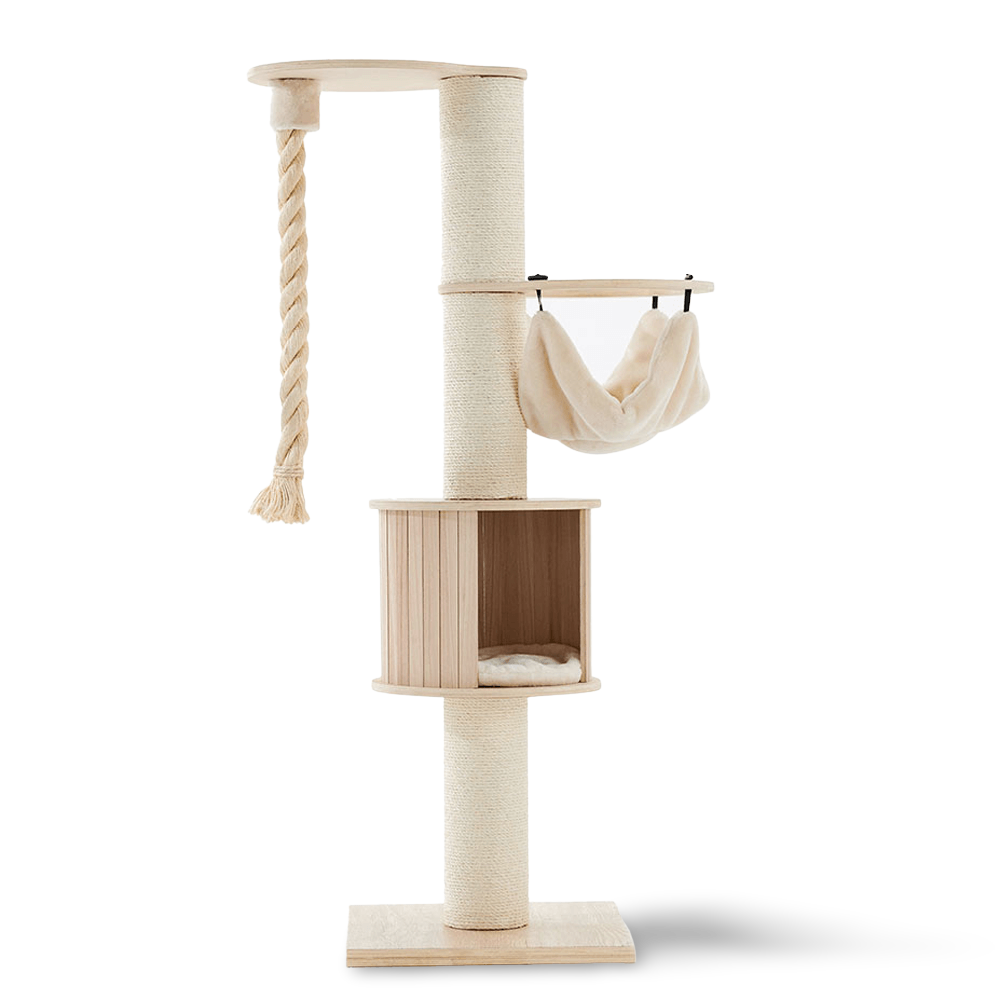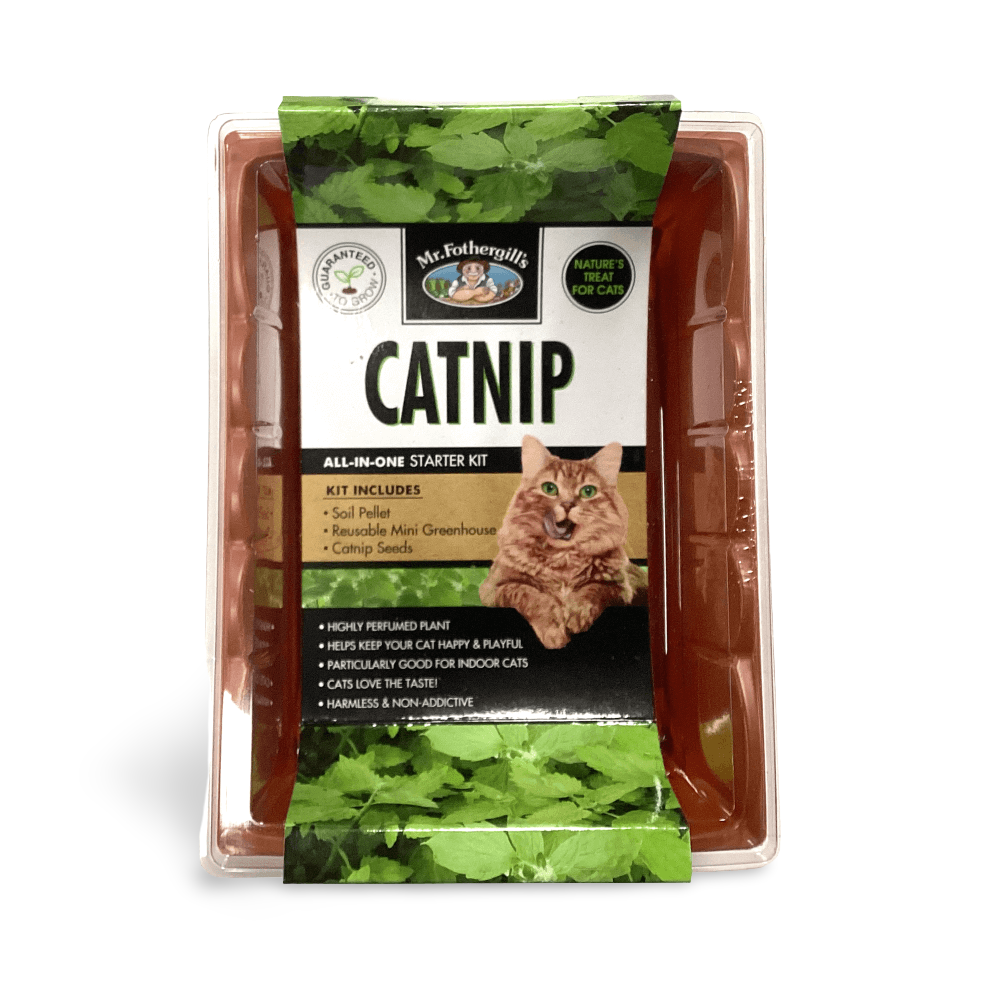Poisonous Plants For Pets
This article is written by Pet Circle veterinarian,
Our pets are naturally curious and are known for getting into all sorts of mischief! Owning a pet can be a big responsibility and keeping them safe is an important part of pet ownership, with some dangers more obvious than others.
Many common backyard and indoor plants are poisonous to pets, with ingestion resulting in a range of symptoms from gastrointestinal upsets to seizures or even death.
Our vets have listed 20 common household plants that are poisonous to dogs and cats, ways to prevent your pet from destroying your garden and pet friendly plants for you to enjoy! Keep your pet safe this summer!
Contents:
Plants Toxic For Dogs and Cats

Lilies
Lilies are commonly found in gardens, flower arrangements and indoor plants with those of the Daylily (Hermerocallis) or True Lily (Lilium) families the most dangerous.
Ingestion of any part of the plant, including the leaves, stem, flower, pollen or even the water from a vase can result in fatal kidney failure. While they are toxic to both cats and dogs, cats seem to be particularly sensitive.
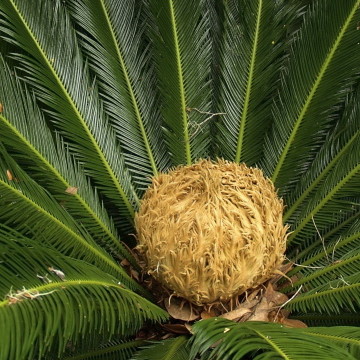
Japanese Sago Palm
The Japanese Sago Palm (Cycas revoluta), also known as a Cycad is a common ornamental garden plants in Australia. This plant is incredibly dangerous to dogs when consumed, with the seeds or 'nuts' being particularly toxic.
Symptoms usually occur within 12 hours of ingestion and can include vomiting, diarrhoea, seizures and liver failure.
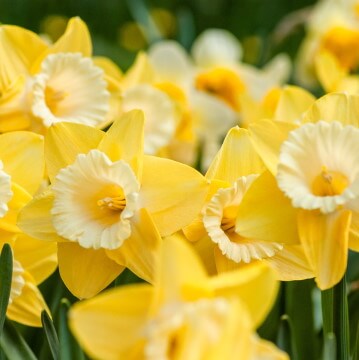
Daffodil
The Daffodil (Narcissus) is a member of the Amaryllidaceae family. It is a common flowering bulb which blooms in gardens in Spring and is a popular addition to bouquets.
All parts of the plant, but particularly the bulb, are toxic to dogs and cats. Ingestion can result in vomiting, diarrhoea, low blood pressure, heart arrhythmias, tremors or seizures.
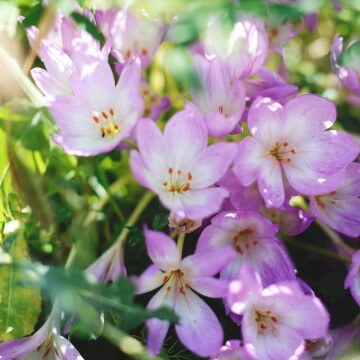
Autumn Crocus
Autumn Crocus (Colchicum autumnale), also known as Meadow Saffron or Naked Lady is a member of the Liliaceae family.
This plant contains colchicine, a potent poison, with all parts of the plant highly toxic to dogs and particularly cats. Signs of toxicity can occur immediately after ingestion including vomiting, diarrhoea, gastric bleeding, major organ failure and seizures.
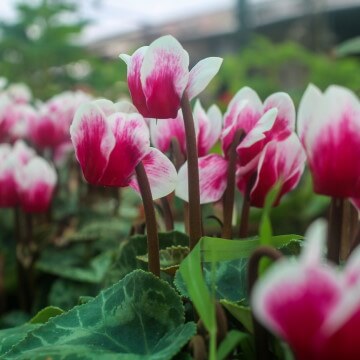
Cyclamen
Also known as the Persian Violet or Persian violet, the Cylamen is a beautiful flowering house plant.
This plant contains saponins, which when ingested by pets cause oral irritation, drooling, vomiting or diarrhoea. High doses can result heart arrhythmias, seizures and death.
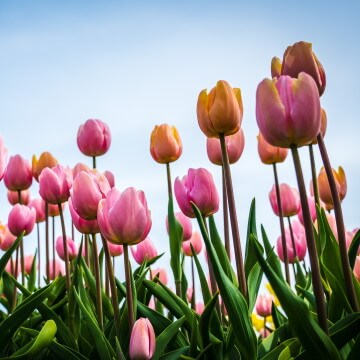
Tulip
The Tulip is a member of the Liliaceae family, and is a beautiful flowering bulb which blooms in Spring.
All parts of the plant, but particularly the bulb, are toxic to dogs and cats. Ingestion can result in vomiting, diarrhoea and drooling.
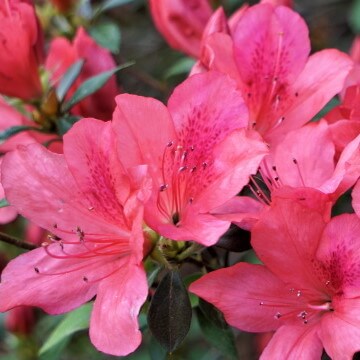
Azalea
The Azalea is a species of Rhododendron and is a popular addition to many gardens along the east coast of Australia.
This plant contain grayanotoxins which when ingested can cause vomiting, diarrhoea, weakness and cardiac abnormalities.
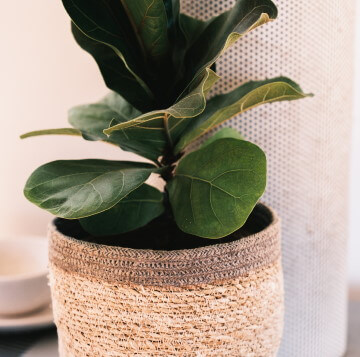
Fiddle Leaf Fig
The Fiddle Leaf Fig is a member of the Philodendron family, and are very popular tropical indoor plants.
This plant contains insoluble calcium oxalate crystals and when chewed on by a dog or cat, causes severe oral irritation resulting pawing at the face, drooling foaming at the mouth, vomiting or breathing issues.
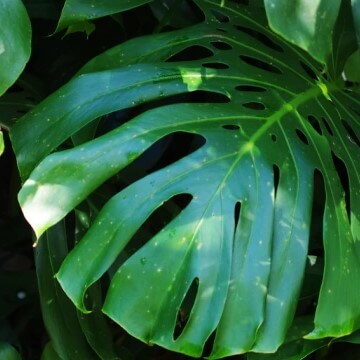
Monstera
The Monstera is a member of the Philodendron family and are very popular tropical indoor plants.
This plant contains insoluble calcium oxalate crystals and when chewed on by a dog or cat, causes severe oral irritation resulting in pawing at the face, drooling foaming at the mouth, vomiting or breathing issues.
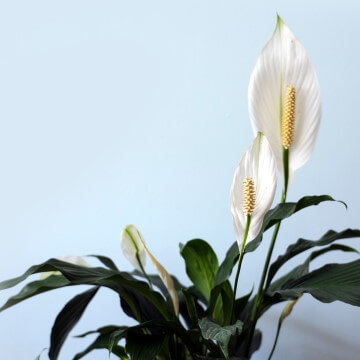
Peace Lily
While not considered a 'true lily' the Peace Lily is part of the Araceae family and is a very common indoor plant.
This plant contains insoluble calcium oxalate crystals and when chewed on by a dog or cat, causes severe oral irritation resulting pawing at the face, drooling foaming at the mouth, vomiting or breathing issues.
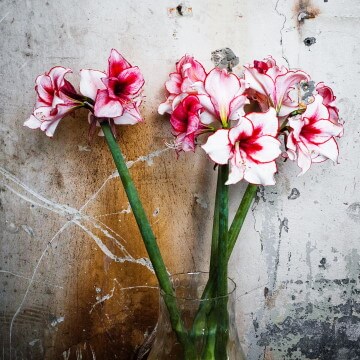
Amaryllis
Also known as the Belladonna Lily, the Amaryllis is a member of the Amaryllidaceae family.
Lycorine toxin is present in all parts of the plant, though it is most concentrated in the bulb. Ingestion by a dog or cat, of any part of the Amaryllis plant can cause gastrointestinal symptoms such as vomiting, diarrhoea or abdominal pain.

Eucalyptus
Also commonly referred to as Gum Trees, Eucalyptus plants are a member of the Myrtaceae family.
Eucalyptus plants are a major source of Eucalyptus Oil, which when ingested by pets can cause gastointestinal and neurological signs including vomiting, diarrhoea, depression, weakness and seizures.

Yesterday, Today and Tomorrow
A popular plant in Australian gardens due to the pretty flowers, the Yesterday, Today and Tomorrow (Brunfelsia) contains two different toxins, brunfelsamidine and hopeanine and is highly toxic to pets.
Clinical signs after ingestion include uncontrollable seizures lasting days, tremors, vomiting, diarrhoea and incoordination.
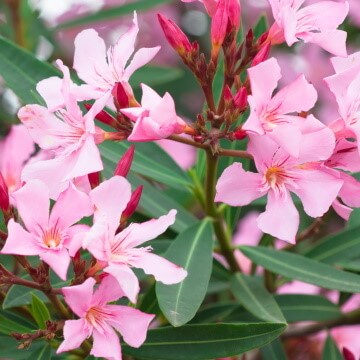
Oleander
Don't let these pretty flowers fool you, the Oleander (Nerium oleander) is extremely toxic to all animals when consumed.
Clinical signs can quickly develop and include vomiting, diarrhoea, heart abnormalities and neurological signs.
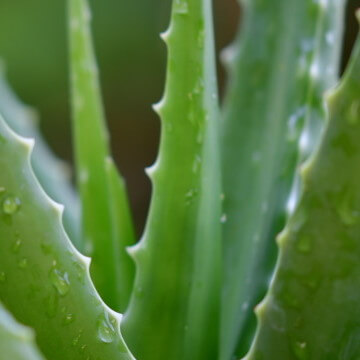
Aloe Vera
Commonly grown in backyards around Australia, Aloe Vera is known for its medicinal properties with the sap or gel a common ingredient in many beauty and medical products.
The Aloe Vera plant itself, contains saponins and anthraquinones, which when ingested can cause vomiting and diarrhoea in dogs and cats.
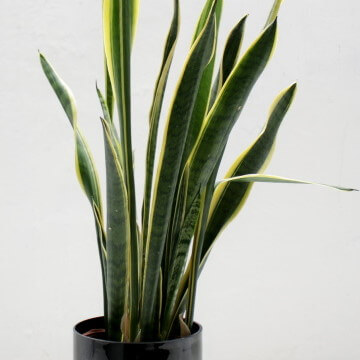
Snake Plant
Snake Plant or Mother-In-Law's Tongue (Sansevieria trifasciata) is a very popular indoor plant and thrives in low light conditions.
This plant contains saponins and when ingested by dogs or cats can cause vomiting, diarrhoea and nausea.
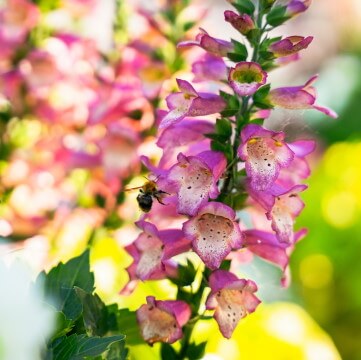
Foxglove
The Foxglove (Digitalis purpurea) is a member of the Scrophalariaceae family and is a common plant in many gardens.
This plant is highly toxic to dogs, cats and even humans, and contains a cardiac glycosides toxin. Signs of ingestion include cardiac arrhythmias, vomiting, diarrhoea, weakness and even death.

Nightshade
Nightshade (Solanum spp) also known as Deadly and Black Nightshade is a member of the Solanaceae family.
The leaves and fruit of this plants, are highly toxic to dogs, cats and people if ingested and may cause severe gastrointestinal signs, depression, confusion, dilated pupils and slow heart rate.
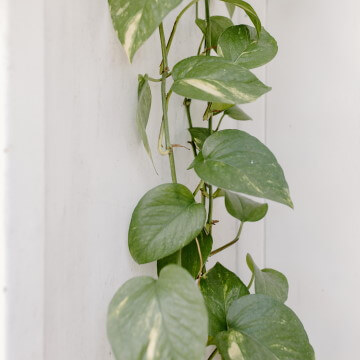
Devil's Ivy
Devil's Ivy, also known as Pothos is a member of the Araceae family, and is a very popular indoor plant.
This plant contains insoluble calcium oxalate crystals and when chewed on by a dog or cat, causes severe oral irritation resulting in pawing at the face, drooling, foaming at the mouth, vomiting or breathing issues.

Wandering Jew
Wandering Jew (Tradescantia) is a member of the Commelinaceae family. It is an invasive plant that is common in backyards and will grow pretty much anywhere.
Contact with this plant is a common cause of allergic skin issues in dogs resulting in itchy, red feet, tummy and muzzle, conjunctivitis or loss of fur.
How To Stop Your Pet From Eating Plants

While removing all potentially toxic plants from your house and garden is the safest options when it comes to pets, this is not always possible. For pet owners who are renting or live in an apartment, removing plants from the garden is often not allowed. In these cases, keeping your pet separate from any harmful plants may be the best option.
1. Create Barriers
For Dogs:
Consider fencing off areas of the garden which you do not want to give your pet access to.
Puppies are particularly mischievous and tend to get into many things that adult dogs don't even bother about. If you have a puppy consider keeping your puppy in a crate, playpen or gated room, safe from any potential risks when you are not home or are unable to monitor them.
If you are worried about what your dog gets up to during the day when you are not home, consider setting up a Pet Camera. Connecting to your home's WiFi network, monitor live video of your pet on your phone any time during the day to ensure they are safe and staying out of trouble.
For Cats:
For cats, keeping them indoors, will keep them safe from wandering and protect them from any potentially toxic outdoor plants.
A safe way to exercise your cat outdoors is by walking them on a harness and lead or consider a longer adventure in a pet backpack.
2. Use a Deterrent
For areas that are difficult to fence, try using a repellent spray or a chew deterrent spray such as Tropiclean Stayaway Spray, which can even be used on plants.
Water can be a great deterrent in the garden for pets that do not enjoy getting wet. Try setting up a timed sprinkler to spray on the area of the garden that you do not want your pet accessing. Not only will this keep water-hating pets out, but it will ensure that your garden stays well watered!
3. Provide Environmental Enrichment
A bored pet is a mischievous pet!! If you pet has nothing to do, they are more likely to get into things like your garden and chew on plants, dig holes and generally just get up to no good!
For Dogs:
Keep your dog busy by providing them with a range of Interactive Toys or Long Lasting Treats. This is a great way to exercise their body while stimulating their mind, and prevent problem behaviours.
Durable rubber chew toys satisfy your dogs natural urge to chew while keeping them occupied. The addition of KONG Easy Treat Paste or Mimi and Munch Pooch Peanut Butter and dogs can spend hours trying to clean up every last morsel. Try freezing in summer for a longer-lasting treat.
For Cats:
Keep your cat busy with a selection of interactive toys, to exercise their body and mind. Lickimats are designed to keep pets stimulated and entertained, reduce boredom and anxiety, as well as slow those that eat too quickly. The Lickimat can be loaded with pastes such as Dine Creamy Treats or Wet Food for a long lasting treat.
Cats love to go vertical. Providing your cat with a selection of scratchers and cat trees to allows them to explore and exercise their natural climbing instincts.
Some cats enjoy grazing on grass from time to time and it provides them with a important source of environmental enrichment. Providing your indoor cat with fresh cat grass or cat nip is a great way to fulfil this natural instinct.
Specially designed by our vets with your dog or cat in mind, The Curious Box contains a selection of premium quality enrichment toys and treats, to keep your pet mentally and physically stimulated. Excellent value for money, The Curious Box is the perfect gift for birthdays, Christmas or just to spoil your furry family member.
- The Curious Little Dog Box
- The Curious Big Dog Box
- The Curious Chewer Dog Box
- The Curious Cat Box
Choose the box that best suits your pet:
Why not keep the fun coming with a Curious Box Subscription? Conveniently delivered straight to your door and with a new theme every 6 weeks, your pet will receive a regular and delightful surprise. Simply select Auto Delivery when you place your order and choose the frequency that suits you and your pet.
Pet Friendly Plants

If you are planning to redo or add to your current garden or indoor plant collection, there are a wide variety or pet friendly plants to choose from.
- Spider Plant
- Calathea
- Blue Echeveria
- Mistletoe Cactus
- Bird's Nest Fern
- Hoya Wax Plant
- Jasmine or Star Jasmine
- Native Bottlebrush
- Bromeliads
- Golden Palm (Areca)
- Boston Fern
- Venus Flytrap
- Orchid
- Date Palm
- Kentia Palm
- Ponytail Plant
- Pilea
- African Violet
- Polka Dot Plant
- Air Plants
Further Reading
Flea, Tick and Worming Guide For Dogs
Flea, Tick and Worming Guide For Cats
How To Make Pet Dental Care Easier
Want to know more? Check out our Discover Page for more tips on keeping your pets happy and healthy.
























